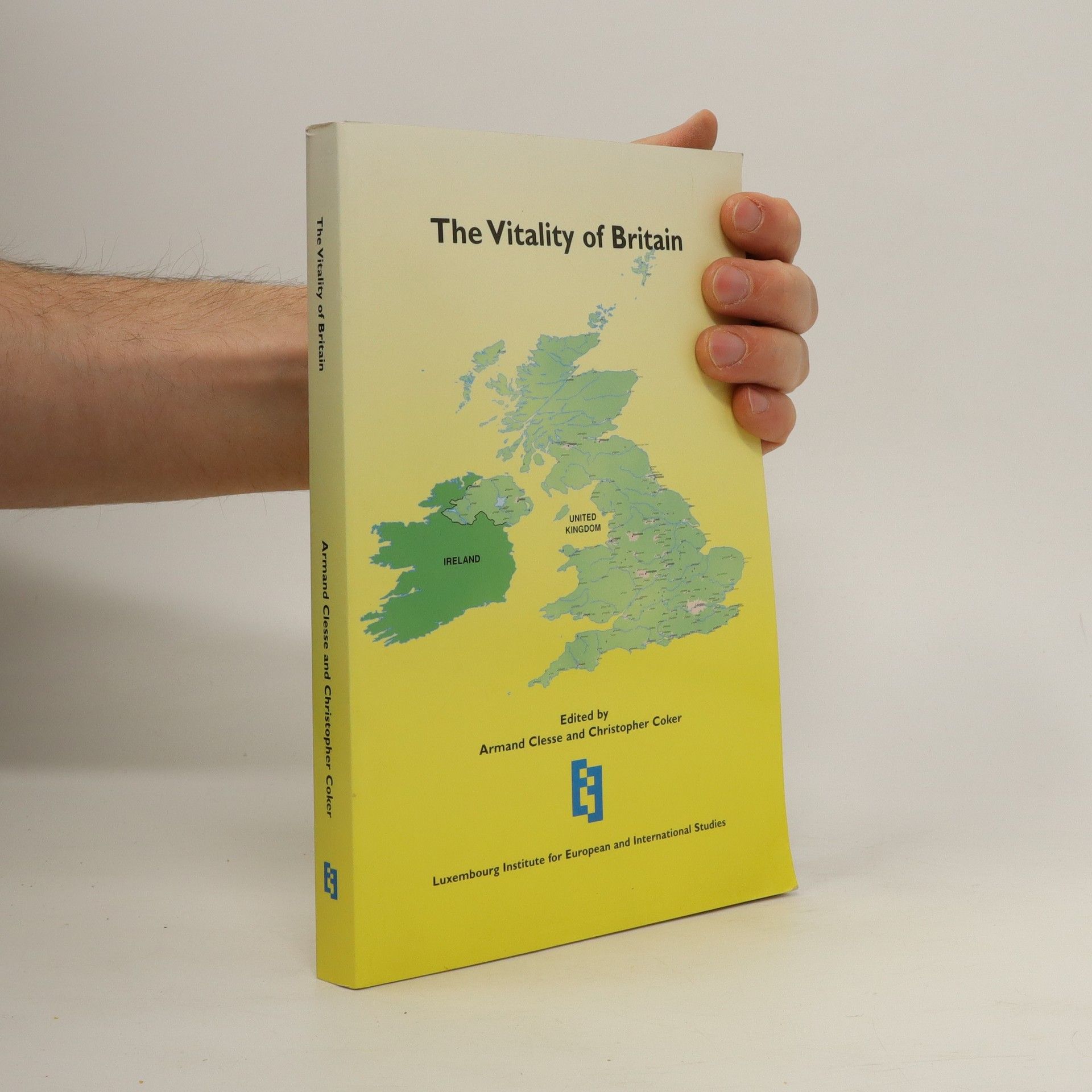What are humanity's biological origins? What are the mechanisms, including culture, that continue to drive it? What is the history that has allowed it to evolve over time? And what are its functions--how does it survive and thrive by exploiting the features that define it as a species? These are the four questions of the Tinbergen Method for explaining animal behaviour, developed by the Nobel Prizewinning Dutch ethologist Niko Tinbergen. This book contends that applying this method to war--which is unique to humans--can help us better understand why conflict is so resilient. Christopher Coker explores these four questions of our past and present, and looks at our post-human future, assessing how far scientific advances in gene-editing, robotics and AI systems will de-centre human agency. He concludes that we won't witness war's end until it has exhausted its evolutionary possibilities--meaning that, well into the future, war is likely to remain what Thucydides first called it: 'the human thing'. From the Ancients to Artificial Intelligence, Why War? is an exhilarating tour d'horizon of humankind's propensity to warfare and its behavioural underpinnings, offering new ways of thinking about our species' unique and deadly preoccupation.
Christopher Coker Ordre des livres


- 2021